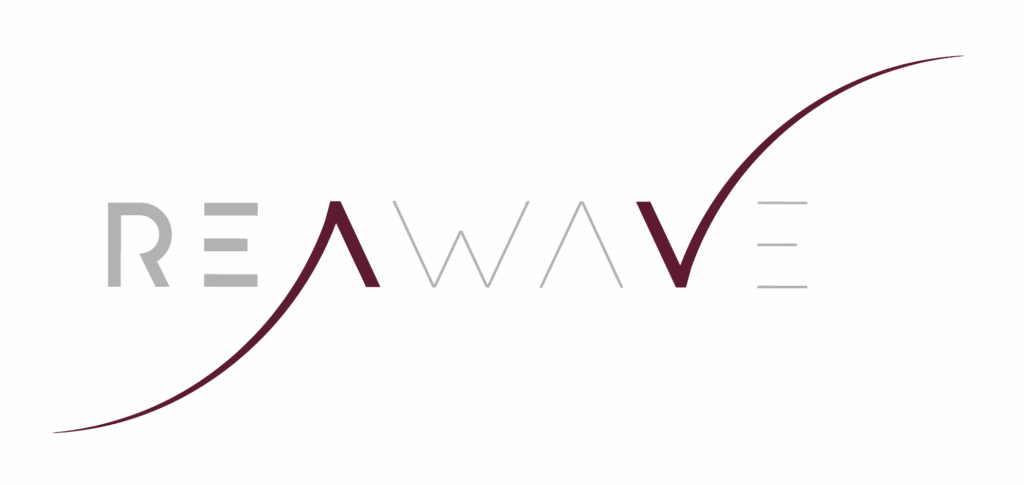Proper documentation is a cornerstone of compliance with transfer pricing rules in France. For international businesses operating in or through France, understanding the legal obligations around documentation is essential to avoid significant penalties and ensure alignment with global standards.
This blog explains what is transfer pricing documentation and the French transfer pricing documentation requirements.
What is transfer pricing documentation?
Transfer pricing documentation is a set of records that multinational companies must prepare to justify the prices charged in transactions between related entities. It shows that these prices follow the arm’s length principle and comply with local and international tax rules, such as the OECD Transfer Pricing Guidelines.
This documentation typically includes a master file, local file, and sometimes a country-by-country report, depending on the size and structure of the business.
French Transfer Pricing Documentation Requirements
Who Is Required to Prepare Transfer Pricing Documentation?
Under Article L. 13 AA of the French Tax Procedure Code (FTPC), the obligation to maintain formal transfer pricing documentation applies to:
- French companies (or French permanent establishments of foreign enterprises) that have:
- Annual turnover (excluding tax) or total gross assets of at least €150 million, or
- Ownership—direct or indirect—of more than 50% of another company that meets the threshold above, or
- Are themselves more than 50% owned by a legal entity meeting the above condition, or
- Are part of a French tax-consolidated group that includes at least one entity satisfying any of the criteria above.
These transfer pricing rules in France apply broadly, capturing both French multinationals and foreign businesses with substantial French operations.
Lighter Requirements for Smaller Entities
Entities that do not meet the thresholds under Article L. 13 AA may still be asked to provide transfer pricing information under Article L. 13 B of the FTPC. In such cases, the French Tax Administration (FTA) may request a simplified version of the documentation, often referred to as a “light” file. Companies typically have 60 to 90 days to respond.
What Must Be Included in the Documentation?
Companies subject to Article L. 13 AA must prepare and retain transfer pricing documentation that includes:
- A master file: providing an overview of the global operations of the multinational group.
- A local file: containing detailed information about the local entity’s intragroup transactions, functional analysis, and comparable.
- A reconciliation file: linking the applied transfer prices to the French statutory financial statements.
The documentation must be available at the start of any tax audit and provided in electronic format.
Mandatory Filing: Form 2257-SD
French companies with annual turnover or gross assets of €50 million or more, or that own or are owned (directly or indirectly) by another company meeting this threshold, must submit Form 2257-SD. This annual transfer pricing return must be filed electronically within six months after filing the corporate income tax return.
Country-by-Country Reporting (CbCR)
In line with OECD BEPS Action 13 and EU law, France has implemented Country-by-Country Reporting rules:
- Applies to multinational groups with consolidated revenues exceeding €750 million.
- Effective for fiscal years beginning on or after January 1, 2016.
- Includes Public CbCR for certain businesses, increasing transparency and global comparability.
Exemptions
Exemptions from transfer pricing documentation and declaration requirements apply when cross-border intra-group transactions of a specific type do not exceed €100,000 during a given fiscal year.
This threshold is calculated separately for each transaction type and does not allow for offsetting between revenues and expenses.
What to know more about Transfer Pricing Requirements for International Businesses? Read our dedicated blog!
In conclusion, transfer pricing documentation is essential for international businesses in France to demonstrate compliance with tax laws and avoid heavy penalties. By meeting the local requirements and aligning with OECD standards, companies can ensure transparency and reduce audit risks.


